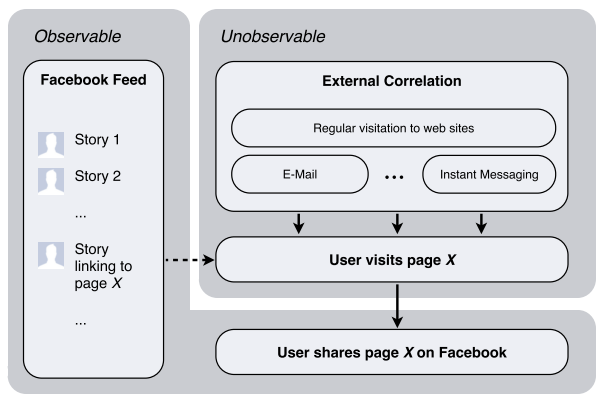
Reliability and authenticity of online information
We are living in the Digital age where billions of information travel post-haste. However, this comes with increased false information, the real question is how to get reliable information.
Established Institutions, sites run by government agencies, non-profit organisations, foundations or colleges and universities are good sources of credible information.
(Weather.
Continue reading →









